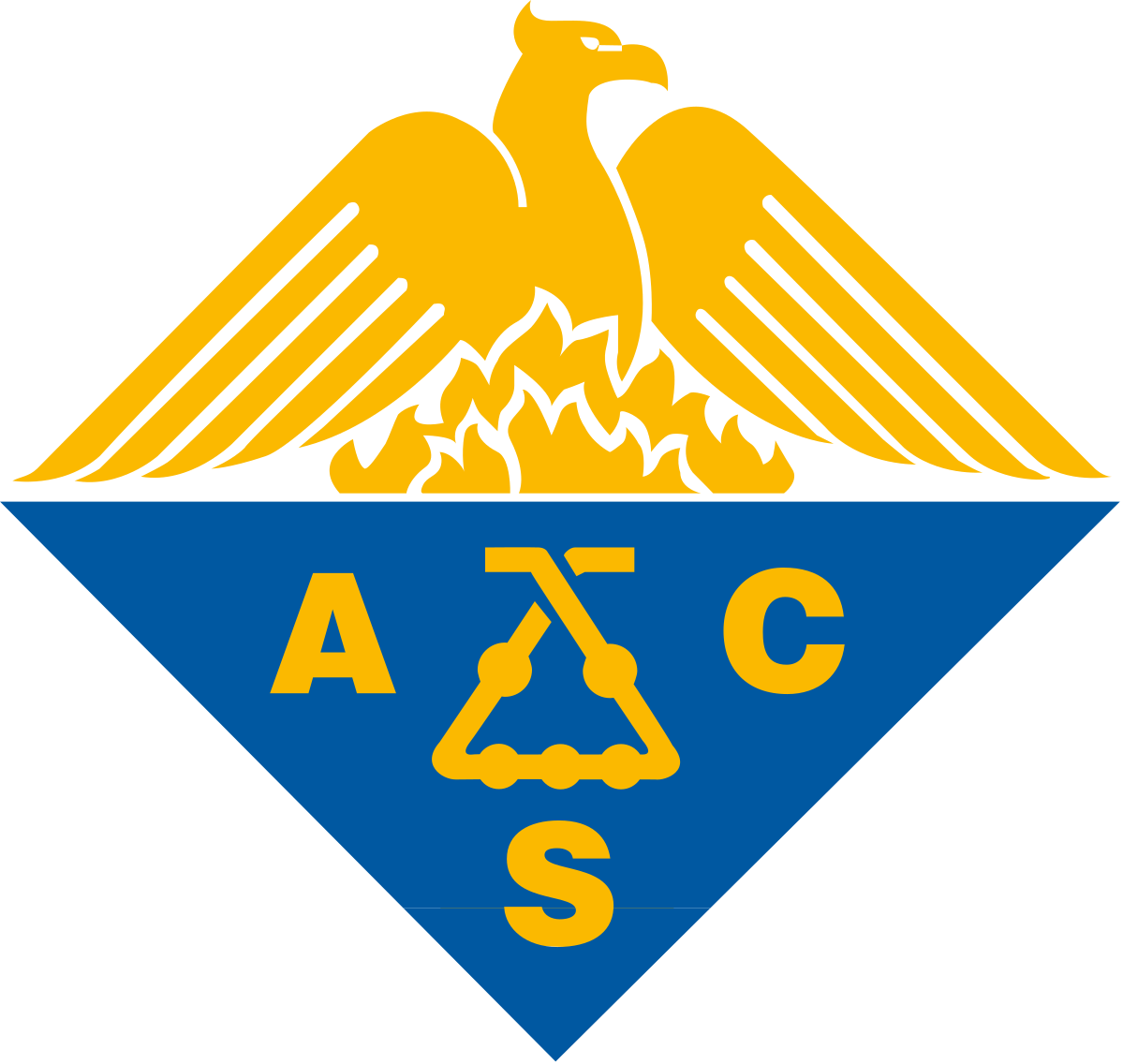Use the link below to look through nearly endless questions asked by the public to ACS chemists. Ask them your own chemistry-related question!
https://communities.acs.org/t5/Ask-An-ACS-Chemist/bd-p/AskACSChemist
The table below shows chemistry questions asked by visitors at the 2019 version of the Midland ACS centennial exhibit through the ‘Ask a Chemist’ station.
| Question | Answer |
|---|---|
| What is a chemical? | EVERYTHING IN THE UNIVERSE IS MADE OF CHEMICALS. A chemical is an entity made of matter; it can be a single atom or a molecule that is an association of atoms through bonding, a redistribution of electrons. |
| What is water? | Water is H₂O (some [not chemists] say dihydrogen oxide). It is a chemical, a molecule, a compound, and the only material on earth present naturally in three states of matter (solid, liquid and gas). And that's just the beginning...it's a material that's taken for granted, but amazing and essential. |
| Are all chemicals organic? | No. These days "organic" means many things, but "organic chemistry" is a branch of study that involves molecules that typically contain carbon (C) and hydrogen (H) - and perhaps many other elements. Life forms typically rely on organic chemistry. "Inorganic chemistry" is pretty much everything else. |
| Is water wet? | Yep, last we checked. It may be interesting for you to know that sensing something as wet or dry involves your sense of touch, which is based on nerve impulses in your fingers - the sensation gets to your brain because of biochemistry. |
| What inspired you to become a chemist? | Many of us started out with chemistry sets (see some in the exhibit) - sometimes it's just curiosity about what things are made of, how things work, and the way materials interact with each other. Often it's a good teacher who offers encouragement, or a cool science project. Sometimes what you want to DO leads you to the chemistry to do it (like making better medicines or cleaner energy). |
| Are new elements still being discovered? | Yes, the last element to be discovered was Tennessine in 2007 (#117); #118 was actually discovered earlier. Searches for new elements continue, although the newest ones are all man-made and unstable. If the last time you checked #114 through #118 all had "Unun-" names, you may be happy to know they now all have more memorable ones (in order): Flerovium, Moscovium, Livermorium, Tennessine and Oganesson. Just FYI, the Periodic Table's earliest form is 150 years old in 1919 - and element #75 (Rhenium; Re) was actually first isolated in our centennial year. |
| Can Helium be produced in the lab? | No, Helium (He) is the second most common element in the universe, but is rare on earth; it is a noble gas so it neither reacts itself nor is generated by chemical reaction. It is produced by radioactive decay. Most current uses release it to the atmosphere where it is permanently lost (and concentration is very low, so recovery is not economically feasible). US Reserves in Texas have been significantly depleted. A relatively large amount was found in Tanzania in 2017, and other reserves are located in the Persian Gulf, but access to these and associated prices are issues. It has been suggested that He be recycled from cryogenic and other uses, to extend supplies. |
| Is a chemist important? | Yes. Many careers provide benefits for society, and chemistry plays important roles in a majority of these. Chemists synthesize, purify and test new drugs, and help develop sources of renewable energy (batteries, solar panels). New fabrics and coatings made by chemists protect you and keep you safe in rain, snow and heat—and cosmetics are identified and formulated using chemical principles. Pigments that fill our lives with color are extracted, synthesized and characterized by chemists. Natural materials, preferred by some consumers, often can be synthesized by chemists once they are analyzed, often with environmental benefits. Chemistry faces many challenges (see the part of the exhibit devoted to “Unintended Consequences”), but chemistry is everywhere, and qualified chemists are essential to its safe and successful practice. |
| How many different kinds of adoms[sic] are there? | Each element on the periodic table is a type of atom, so to date scientists have identified 118 of them. Some have been "created" in "particle accerators" and seen only in the lab - these are very unstable and short-lived. Elements 1 through 92 (except for 43, Technetium, and 61, promethium) are naturally occurring. Elements up to iron (Fe, 26) were made by the fusion of particles in stars like the sun. |
